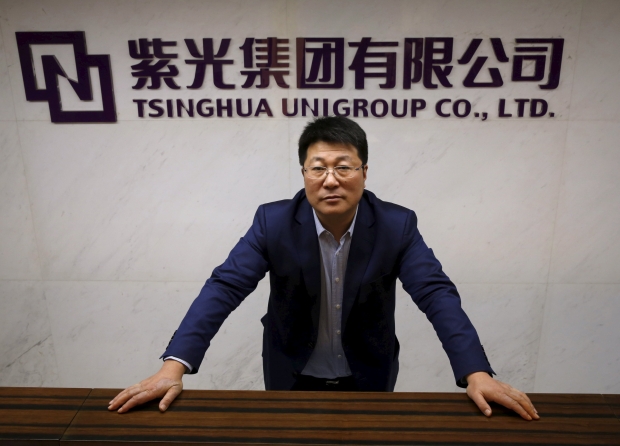China's Tsinghua Unigroup has said it is investing $47 billion over the next five years in a bid to become the world's third-biggest chipmaker.
Chairman Zhao Weiguo said that the company controlled by Tsinghua University, which counts President Xi Jinping among its alumni, was in talks with a US-based company involved in the chip industry. This is probably Micron, although it is not clear how at this point.
A deal could be finalised as early as the end of this month, he said. He declined to give more details but said buying a majority stake was unlikely as it was too "sensitive" for the US government.
Zhao said that if you cannot be in the top-three giant, it is hard to develop your business in the chip industry. Beijing is keen to end China's reliance on foreign semiconductors as it seeks to build a modern, digitized armed forces capable of matching other advanced militaries.
China imported more chips than crude oil every year.
"The next five years is key... There is an enormous market out there," he said.
Qualcomm holds the No.3 position in the global chip rankings, behind Samsung and market leader Intel which has a market capitalization of $151.5 billion.
The sheer size of Tsinghua Unigroup's planned investments is almost equal to Intel's $50 billion chip revenue last year and could disrupt the NAND chip industry.
The top five chipmakers control more than 90 percent of the global NAND chip market after years of boom-and-bust squeezed out smaller players.
It has also attached strategic importance to the development of domestic semiconductor, server and networking equipment industries amid fears of foreign cyberspying.
Tsinghua Unigroup has spent more than $9.4 billion making acquisitions and investments at home and abroad over the past two years, including the purchase of stakes in US data storage company Western Digital and Taiwan's Powertech .




